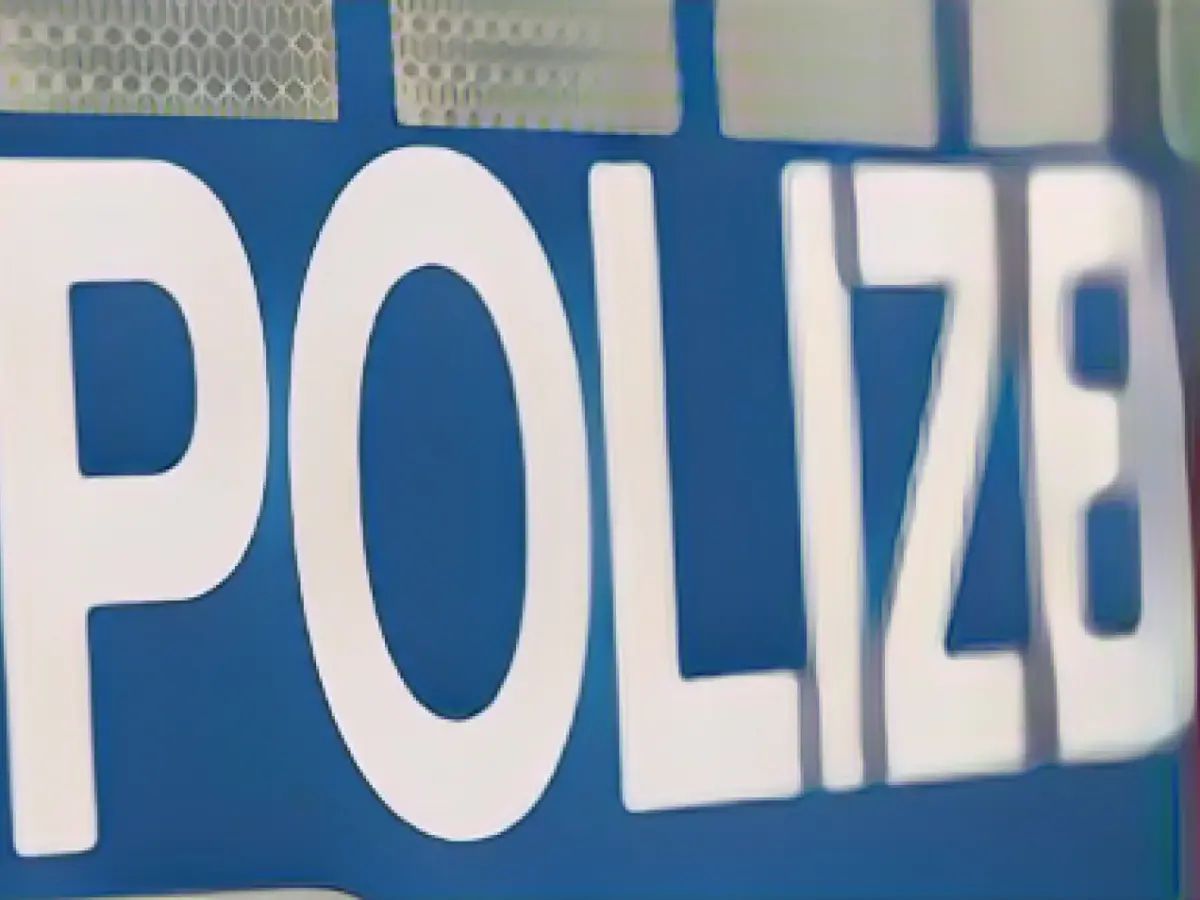In the heart of Bavaria, the district of Miltenberg witnessed an unexpected event on a Sunday. A concerned citizen reported a car, seemingly under the influence, weaving in and out of traffic lanes to the local police in Bürgstadt. Acting swiftly, the authorities conducted a traffic stop and discovered the driver's blood alcohol level was an astonishing 4.2%, far surpassing the legal limit of 0.05% for most drivers.
The impact of the driver's actions was swift, with consequences initiated against the 41-year-old woman, a first-time offender in this matter. Although the exact penalties are not disclosed, one can imagine the severe consequences that come with such a high BAC.
It is essential to note that Germany, including Bavaria, has stringent regulations governing drunk driving, which are primarily federal but may have some regional variations. For example, professional drivers, bus drivers, and truck drivers, among others, have a zero BAC limit.
Drivers who exceed the BAC limit can expect penalties, which range from a €500 fine and a one-month license suspension for first-time offenders with a BAC of 0.05%, to significant fines, license revocation, community service, and the requirement to use a breath alcohol ignition interlock device (BAIID) for drivers with BAC levels above 0.16%. Consequences for this violation can be severe, with penalties increasing as the BAC level rises.
In the case of the driver in Bürgstadt, a BAC of 4.2% would likely result in a substantial fine, license suspension or revocation, and possibly additional measures, such as community service and the requirement to use a BAIID.
Overall, drunk driving not only puts the driver in danger but also poses a threat to fellow road users. It is crucial to respect the law and remain sober while operating a vehicle to ensure everyone's safety on the roads.








